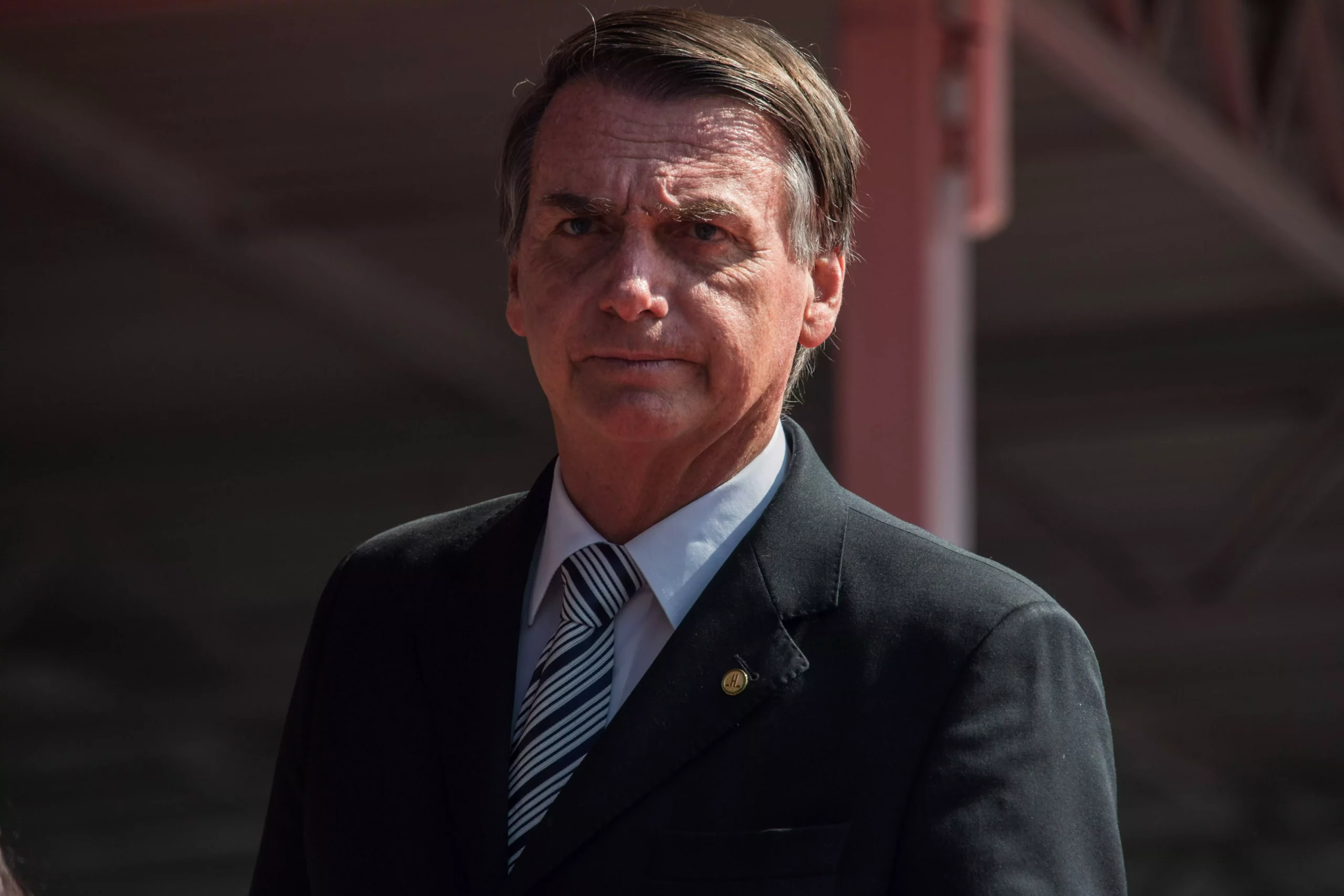The U.S.-Brazil trade relationship, valued at $78.2 billion, hangs in the balance as the Brazilian Supreme Court decides on former President Jair Bolsonaro’s travel to attend Donald Trump’s inauguration.
The Brazilian Supreme Court faces a pivotal moment as it considers whether to allow former President Jair Bolsonaro to retrieve his passport to attend Donald Trump’s inauguration. The Prosecutor General (PGR) has advised against this, arguing that Bolsonaro’s personal interest does not supersede the ongoing legal investigations against him.
However, the decision could have profound implications beyond the courtroom. Trump’s known penchant for retaliatory trade measures could lead to significant economic repercussions for Brazil, potentially affecting billions in trade.
With Trump’s history of using economic leverage as a diplomatic tool, his threats of tariffs in response to perceived judicial overreach could strain U.S.-Brazil relations. Justice Alexandre de Moraes, central to these legal proceedings, must weigh the domestic legal responsibilities against the potential diplomatic fallout.
The court’s ruling could not only affect Bolsonaro’s immediate future but also set a precedent for how Brazil navigates its judicial integrity against international pressures.
 Prosecutor Against Bolsonaro’s Travel Amid Trump’s Tariff Threats Over Judicial Overreach. (Photo Internet reproduction)
Prosecutor Against Bolsonaro’s Travel Amid Trump’s Tariff Threats Over Judicial Overreach. (Photo Internet reproduction)Prosecutor Against Bolsonaro’s Travel Amid Trump’s Tariff Threats Over Judicial Overreach
As the global community watches, the decision could ripple through international trade and diplomacy. A refusal to allow Bolsonaro’s travel might be seen as an affront by the incoming U.S. administration, possibly pushing Brazil towards new geopolitical alliances.
Conversely, granting permission could be interpreted as prioritizing economic stability over legal proceedings, potentially undermining the rule of law. The Supreme Court’s decision will test Brazil’s economic and political resilience, influencing not just trade relations but also the country’s position on the global stage.
This case underscores the intricate dance between national legal systems and international diplomacy, where each step has the potential to alter the course of nations.

 By The Rio Times | Created at 2025-01-16 15:02:46 | Updated at 2025-01-16 19:59:12
4 hours ago
By The Rio Times | Created at 2025-01-16 15:02:46 | Updated at 2025-01-16 19:59:12
4 hours ago








